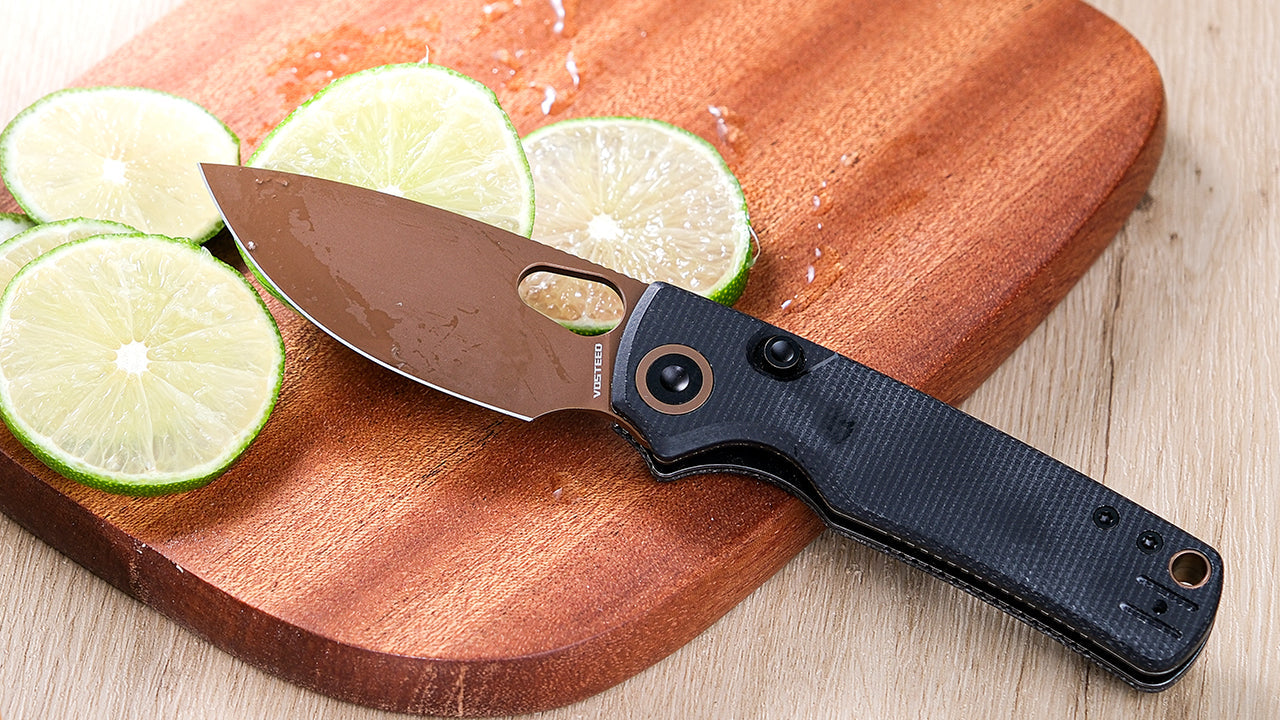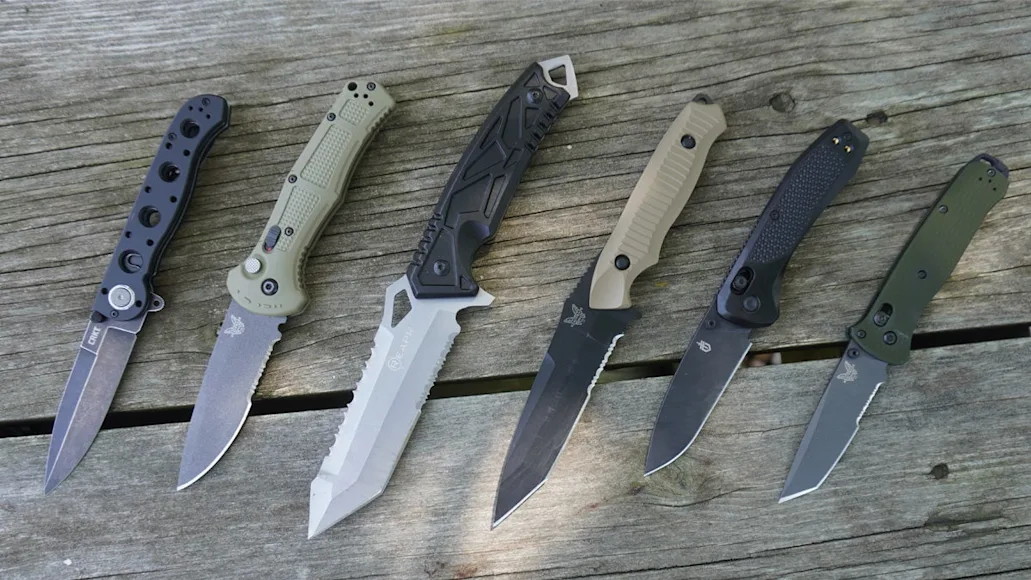In the bustling world of a professional kitchen, where precision and efficiency are paramount, the humble knife is one of the most crucial tools at a chef's disposal. Whether you're a Michelin-starred chef or a budding culinary enthusiast, understanding the importance of proper knife maintenance is imperative. However, common knife maintenance mistakes can easily slip into your routine, leading to dull blades and even safety hazards. Let's delve into these pitfalls and learn how to keep our knives in top condition.

Understanding the Importance of Knife Care
For kitchen professionals, a knife is not just a tool; it's an extension of their creativity and skill. A well-maintained knife ensures precise cuts, consistent results, and a seamless cooking experience. But when knives are neglected, they become more of a hindrance than a help. Before delving into the common mistakes, let's explore why knife care is non-negotiable.
Common Knife Maintenance Mistakes
1. Neglecting Regular Sharpening
One of the most prevalent knife maintenance mistakes is neglecting regular sharpening. A dull knife requires more force to cut, increasing the likelihood of accidents. It also tends to crush food rather than slice cleanly, affecting the texture and presentation of dishes. Invest in a quality sharpening stone or a professional service to keep your knives razor-sharp.
2. Improper Cleaning Techniques
Another frequent mistake is improper cleaning techniques. Many chefs are tempted to toss their knives into the dishwasher for convenience. However, the high heat and harsh detergents can damage the blade and handle. Instead, hand wash knives with mild soap and warm water, and dry them immediately to prevent rust and corrosion.
3. Storing Knives Incorrectly
Storing knives loosely in a drawer is a surefire way to dull the blades and risk injury. Instead, use a knife block, magnetic strip, or blade guard to keep your knives organized and protected. Proper storage not only prolongs the life of your knives but also ensures a safer kitchen environment.
Avoiding Further Mistakes
4. Ignoring Knife-Specific Needs
Every knife is unique and requires specific care. For example, carbon steel knives need to be oiled regularly to prevent rust. Understanding the specific needs of your knives, whether they are folding knives or chef's knives, is crucial. For more insights on caring for different types of knives, check out this guide on types of knives.
5. Using the Wrong Cutting Surface
Using the wrong cutting surface is a common blunder. Hard surfaces like glass or stone can quickly dull your knife. Always use a wooden or plastic cutting board to ensure longevity and maintain sharpness.
Steps to Mastering Knife Maintenance
To master knife maintenance, it's essential to integrate the right techniques into your daily routine. Start with proper storage and cleaning, and ensure regular sharpening. Educate yourself on the specific requirements of your knives and equip your kitchen with the right tools. For additional tips on maintaining your kitchen tools, explore the knife warranty policies.

FAQ Section
1. How often should I sharpen my knives?
Typically, professional chefs sharpen their knives every few weeks, but the frequency depends on usage. Regular honing between sharpenings can help maintain the edge.
2. Can I use any oil for carbon steel knives?
It's best to use food-safe oils like mineral oil to coat carbon steel knives. This prevents rust and maintains the blade's integrity.
3. Are there specific knives that require different maintenance?
Yes, different knives like folding knives or ceramic knives have unique care requirements. Understanding these differences is key to proper maintenance. Learn more about folding knives and their maintenance needs.
Being mindful of these common knife maintenance mistakes and taking proactive measures can significantly enhance the longevity and performance of your knives. For additional insights and tips, explore this guide on identifying high-quality knives. Happy cooking!
This article contains affiliate links. We may earn a commission at no extra cost to you.


























